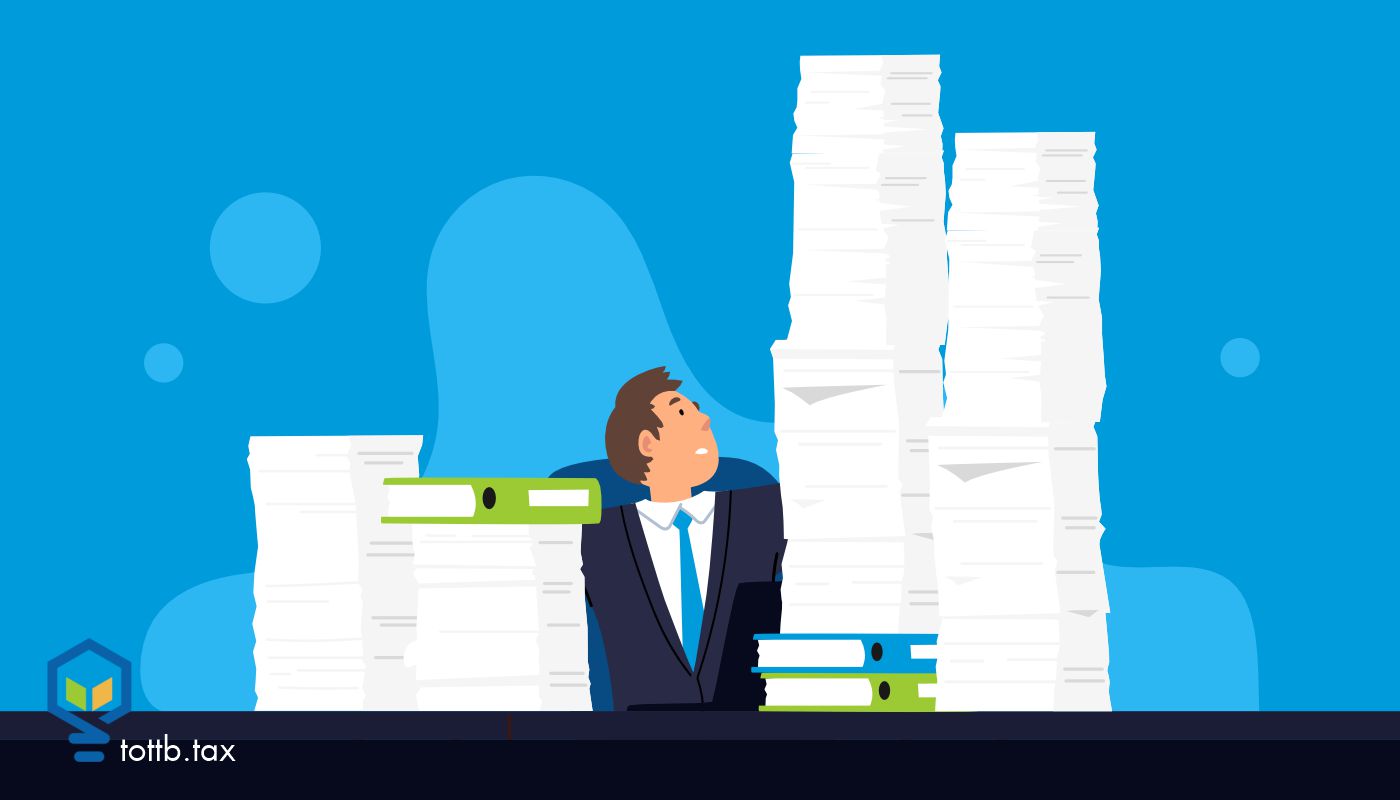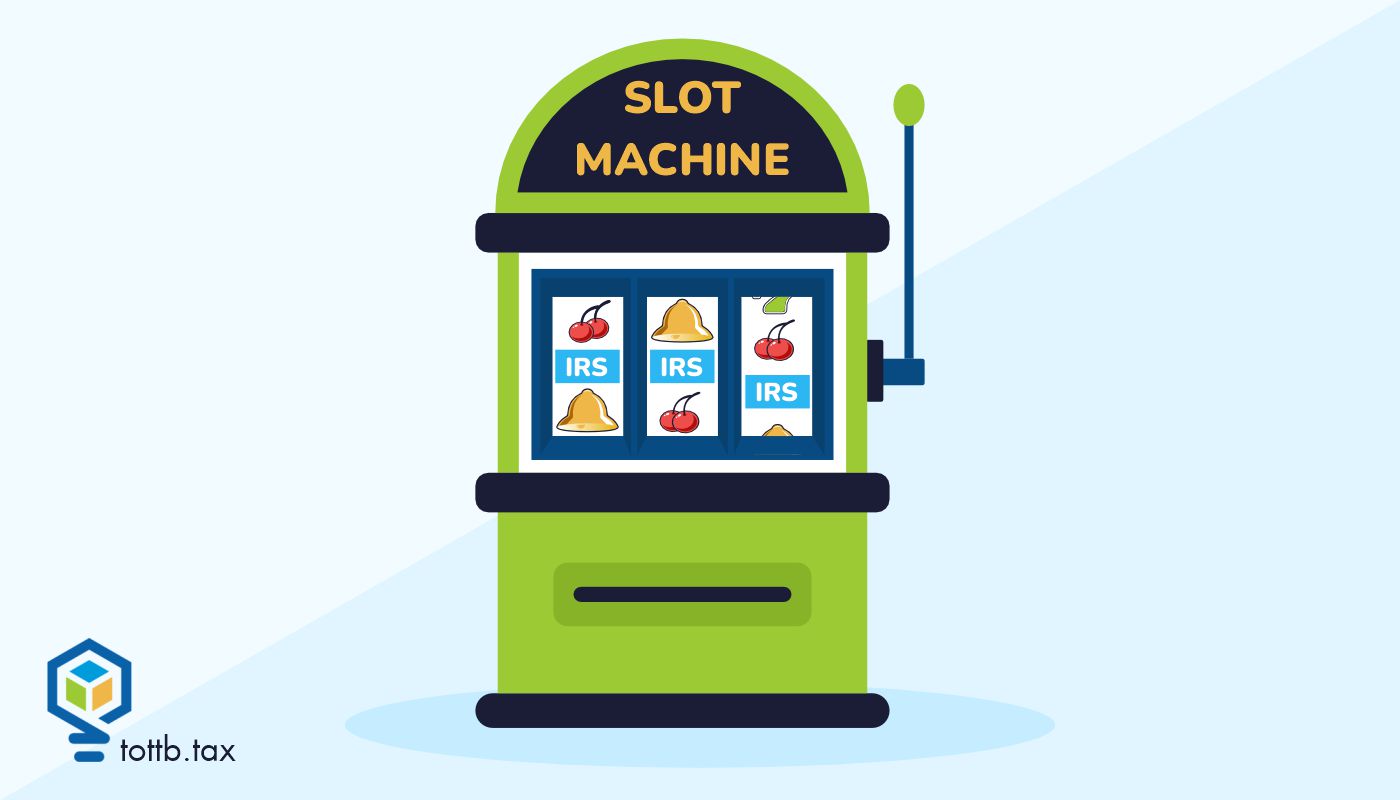The IRS is expected to pay interest to taxpayers with delayed tax refunds. For taxpayers who filed by the federal deadline, the IRS is legally required to process a tax refund within 45 days or to pay interest for each day that your tax refund is delayed. Starting in July, the agency will begin issuing payments amounting to 5% on delayed individual tax returns, 4% on corporate tax returns, 5% on underpayments for individuals, and 7% on large corporate underpayments. In the last seven years, the federal government has paid almost $14 billion in refund interest, which includes an estimated $3.3 billion in fiscal year 2021 alone.
The IRS reports that 90% of refunds are issued within 3 weeks. However, the IRS has faced a now-famous backlog of unprocessed returns in the aftermath of pandemic-related staffing and funding shortages and increased tax complexity amid the many new benefits and legal changes of the COVID-19 era. One source says that the IRS still has 13 million unprocessed tax returns and over 26 million tax returns requiring follow-up action. Staffing issues also mean that taxpayers are having difficulty reaching an IRS representative for support needs.
Homeowners across the US are seeing significant property tax increases. With the pandemic era came an unexpected housing market boom. As a result, the valued price of a typical US home rose by 37% since February 2020. This year, as county and city officials send out updated property assessments, many homeowners are seeing notable increases in property taxes and therefore increased financial strain in a time of inflation.
In 2021, property taxes reached record highs in certain regions, particularly in New York, Connecticut, New Jersey, and California—the states with the wealthiest counties. However, the average property tax assessment rose only 1.8% last year compared to the actual value of a single-family home, which rose 16%. In some cities, the spike was much higher: a 31% increase in Philadelphia, 18% in Milwaukee, and 40% in Knox County where Knoxville is situated.
Why the disparity between the increase in home values and the change in property taxes? Tax experts note that a higher property assessment does not always mean increased taxes. The determining factor is whether your assessment increased by a higher percentage than the average home in your city, town, or county. Also, since property reassessments might occur anywhere from yearly to every several years, depending on where you live, this gap in time could explain why the housing market boom is just now revealing its impact on property taxes.






